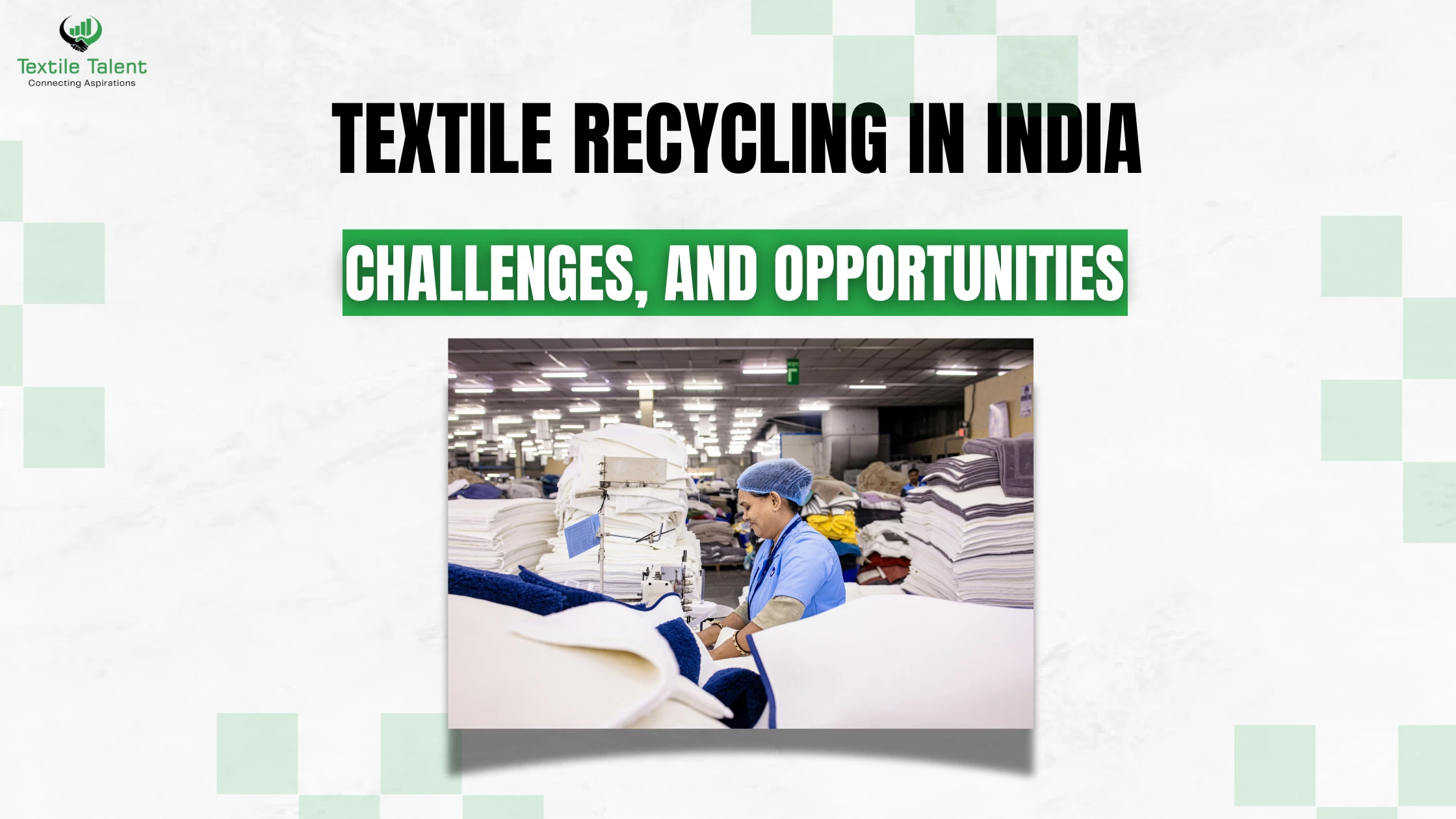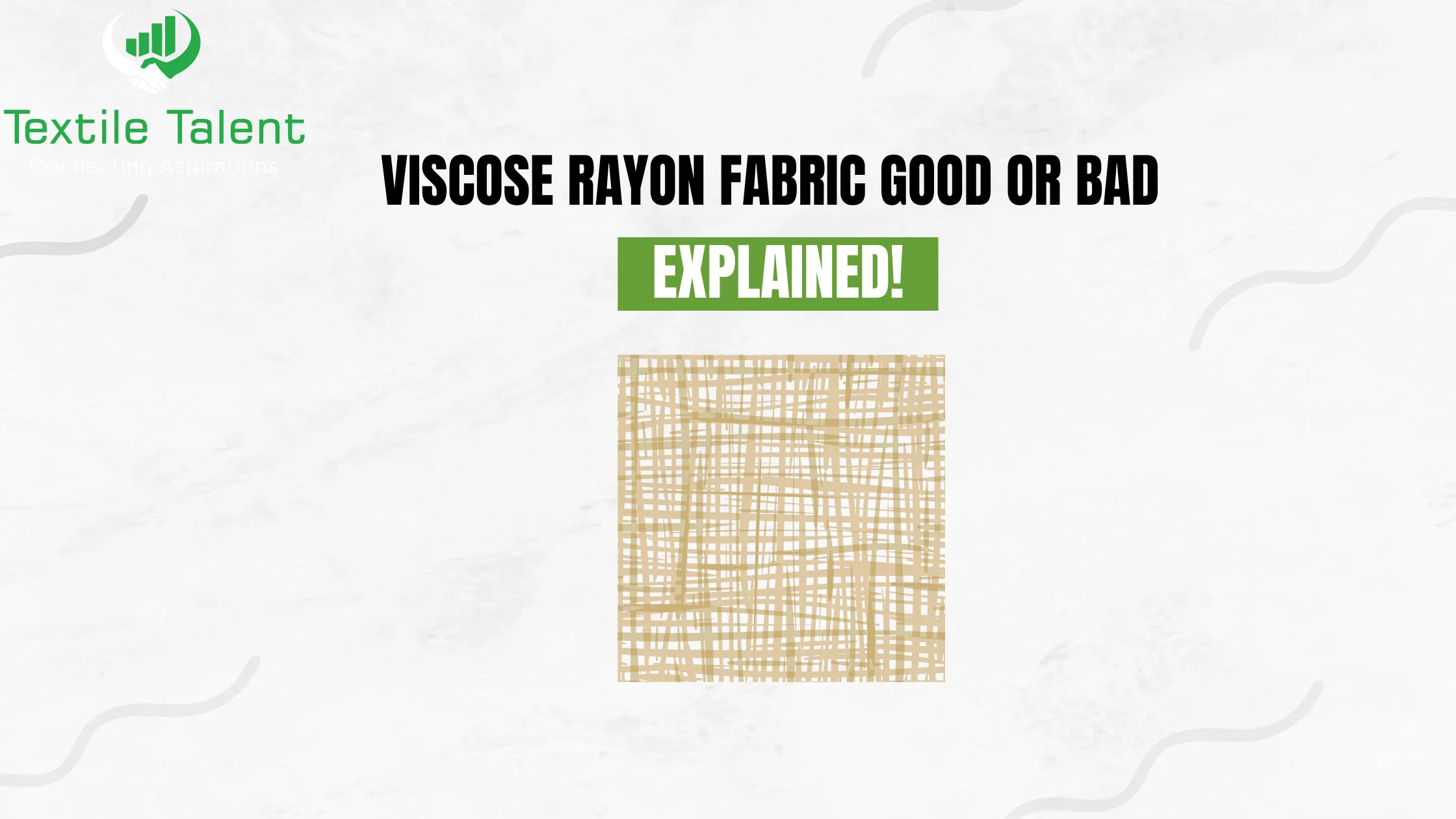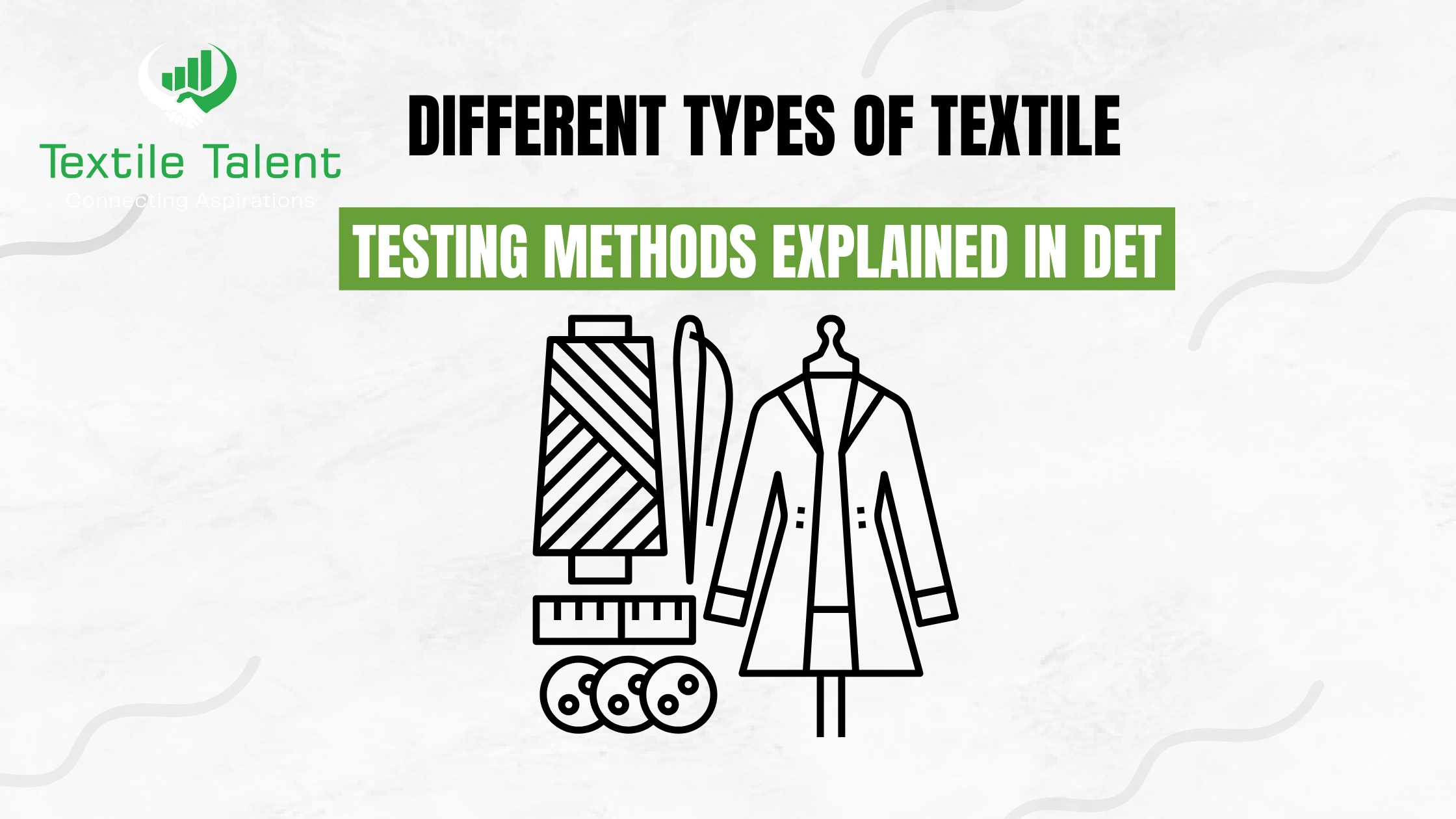
Summary
Textile Recycling in India is gaining momentum because of the growing issue of environmental concern, as well as due to the need of new sources of raw materials. Although colossal tons of textile waste are produced every year, there is still lacking a facility that would follow process for textile waste recycling and awareness about it on a mass scale in India. The article plunges into the main challenges, the recent innovations in this area, such as the textile waste recycling machine, and perspectives of sustainable textile recycling in India.
Introduction: Why India Needs a Textile Recycling Revolution
India is amongst the largest textile purchasers and manufacturers in the whole world, but it is also the greatest cause of textile wastes. This includes used industrial offcuts to worn out consumer garments and the quantities are mind-boggling. Textile Recycling in India is no longer a niche concept it happens to be a need along offering a new job opportunities in Textile sector. Along with the development of artificial intelligence and automation, India can take the lead of a green transformation by using smart textile waste recycling.
What Is the Current State of Textile Recycling in India?
Although India has a well-developed informal recycling industry, there is no unified scheme that allows processing the textile waste. The majority of the discarded textiles burn in incinerators or are buried in landfills, but a very small percentage is recycled.
Why is textile recycling still underdeveloped in India?
The primary causes are the absence of infrastructure, inadequate segregation and few government incentives. Awareness level of population on the advantage of textile recycling, both environmentally and economically also remains low.
Are there regions in India doing it right?
Yes, there is Panipat and there are companies and institutions in Tirupur that have an informal network that keeps reusing waste into new materials. Yet, these processes do not involve the use of modern technology, such as textile waste recycling machines a move that may enhance scale and quality
What Are the Main Challenges in Scaling Textile Recycling in India?
As large as the said potential is there is a number of structural and social barriers to textile recycling in India reaching its full potential.
Is technology adoption a major hurdle?
Absolutely. A large number of recyclers make use of manual processes. It is hard to sort, clean and recycle fabrics without AI-powered textile waste recycling machines, of the textile industry. This results in uniform fiber quality and poor recovery level.
What about waste collection and sorting?
Textile waste is mainly informally and unorganized in its collection. Bulky waste is poorly segregated at its point of generation to the extent that it is difficult to feed clean and usable material into the textile wastes recycling systems.
What Role Can Technology Play in Transforming Textile Recycling in India?
The game changer could be technology. The new textile waste recycling machines allow speed, precision, and scalability - e.g., of identifying fabrics and automatic sorting of the waste.
How do these machines actually help?
A textile waste recycling machine can distinguish the typology of the fabrics and eliminate the contaminants and shred the waste to make it usable in the form of fiber. With AI-powered machines, the workforce is cut by a huge margin and recycling becomes more efficient.
Is India ready to adopt this tech?
Of course--there has to be incentives, and to be supported. Given appropriate policies and through partnerships between the states, India can modernise its textile waste recycling industry, minimise wastages and generate green employment.
What Are the Opportunities for India in the Global Textile Recycling Market?
India has ironically gained the possibility to become an international hub in sustainable textile recycling with its manufacturing power and great amount of workers in textile industry.
Can textile recycling create new business opportunities?
Definitely. Trading in recycled yarns, creation of eco-brands, and even renting the textile waste recycling machines to other companies on smaller scale may create enormous markets both at the international and domestic levels
What’s the benefit for the environment and economy?
Increased textile waste recycling helps to break the lifecycle of dependence on virgin fabrics, minimize carbon production, and even production of these circular economy. It also relieves landfills and helps India climate change objectives.
What’s the Way Forward for Textile Recycling in India?
In order to determine the potential of textile recycling in India, the nation requires a combination of the policy support and infrastructure investment and the general awareness.
What should the government do?
Use tax incentives, invest in recycling infrastructure and advance the R&D of more advanced textile waste recycling machines. In addition, normalize textile waste segregation that will provide material of high quality.
How can businesses and consumers contribute?
Brands may create clothes that can be recycled and buy in closed supply chains. Customers can donate, upcycle or patronize companies that respect recycling of textiles. Each one is needed.
FAQs
Q: What role do textile waste recycling machines play?
A: A textile waste recycling machine automates, sort, cleaning and processing of fabrics and boosts the quality and quantity of recycled fiber.
Q: Is textile recycling profitable in India?
A: Yes. As the need of promoting green products and a better technology steadily grows, textile recycling in India will not only benefit the environment but will also be financially rewarding.
Q: Why is textile waste recycling still limited in India?
A: Absence of technology, less organized systems of collection and low awareness are the barriers. Nevertheless, it is being changed with the help of the latest innovations and start-up development..
Q: What’s the environmental impact of textile recycling?
A: Textile waste recycling saves landfills, water, and emissions, reduces the pressure on them, and ensures a circular economy.
Final Thoughts: From Waste to Wealth – The Promise of Textile Recycling in India
Textile Recycling in India is at a crossroad. The country can transform its waste-intensive system to sustainable system with a proper policy, technology, and education among the population. One of the essential strategies to expand its operations and accomplish the sustainability requirements that are expected globally is the use of textile waste recycling machines. India should guide its textile recycling revolution not only to make profits, but also to save the planet.






